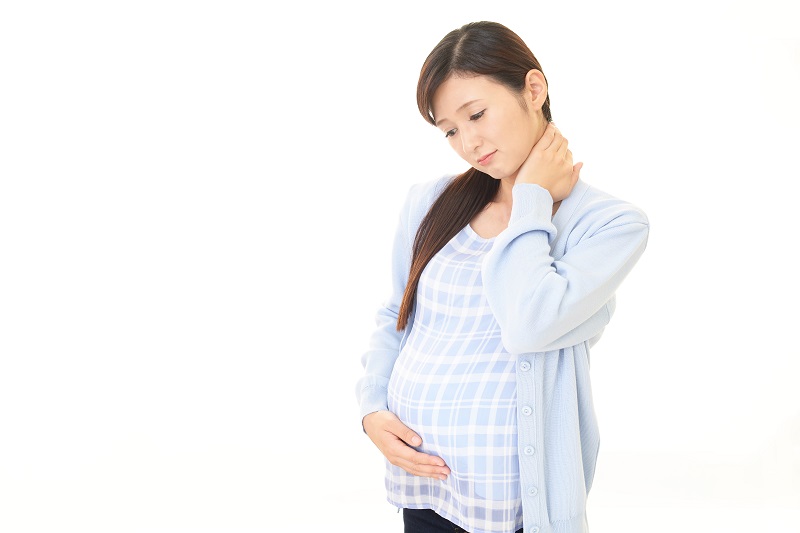
It is common for women experiencing their first pregnancy or even a subsequent one that presents different than the first, to be nervous about potential pregnancy complications. What is normal for one woman may not be for another. We created a guideline to help pregnant woman know about some signs to look for that warrants a call to us right away. Some signs should not wait for your next scheduled visit.
- Heavy Bleeding and Abdominal Pain
Heavy bleeding can be an indication of multiple problems. If you have menstrual-like cramps and severe abdominal pain during your first trimester, you may have an ectopic pregnancy. Heavy bleeding during the first or second trimester can be a sign of a miscarriage. Call the office if you notice any bleeding during pregnancy.
- Vomiting and Severe Nausea
Morning sickness is normal for some women. However, if you are having severe nausea and vomiting, you may have a serious medical condition. If you can’t keep any food or drink down, then you can become dehydrated. Your doctor can check for pregnancy complications and recommend dietary changes.
- Baby Showing Declining Activity Levels
If you think your baby is showing declining activity levels, you may need medical help. To test, eat or drink something cold. Lie on your side afterward and see if baby starts moving. Count the kicks to give yourself a baseline. 10 or more kicks in two hours is a good starting point. Call your obstetrician if you notice fewer kicks.
- Persistent Headache, Swelling, and Visual Disturbances
If you notice a persistent, severe headache, visual disturbances, swelling, and abdominal pain during the third trimester, you may be experiencing preeclampsia. This condition is potentially fatal and your OB/GYN should be notified immediately.
- Sudden Flow of Water
Water breaking is one of the most well-known signs of labor. If this happens before labor begins, it can indicate a premature rupture of membranes. Usually, once the water breaks, labor either has begun or will start soon.
Also remember that pregnancy can put pressure on your bladder, causing urine leakage. If you aren’t sure which is occurring, go to the bathroom. Empty your bladder and see if fluid continues to flow. If it does, then your water has broken, and it is time to go to the hospital and call your doctor.
If you are concerned for any reason, please call your Women’s Health OB/GYN today.
